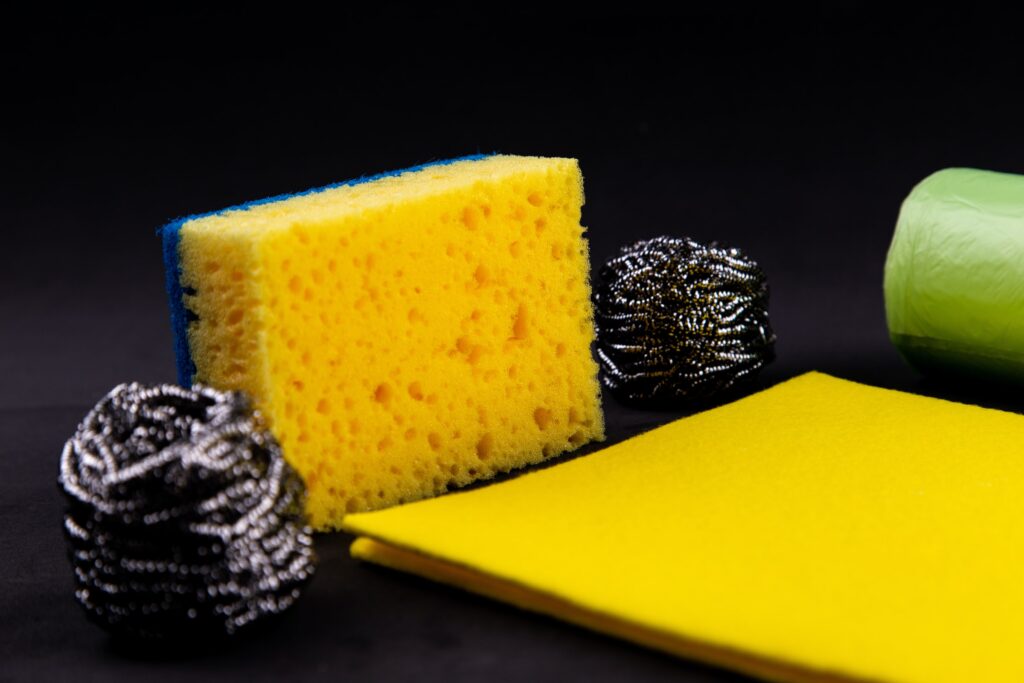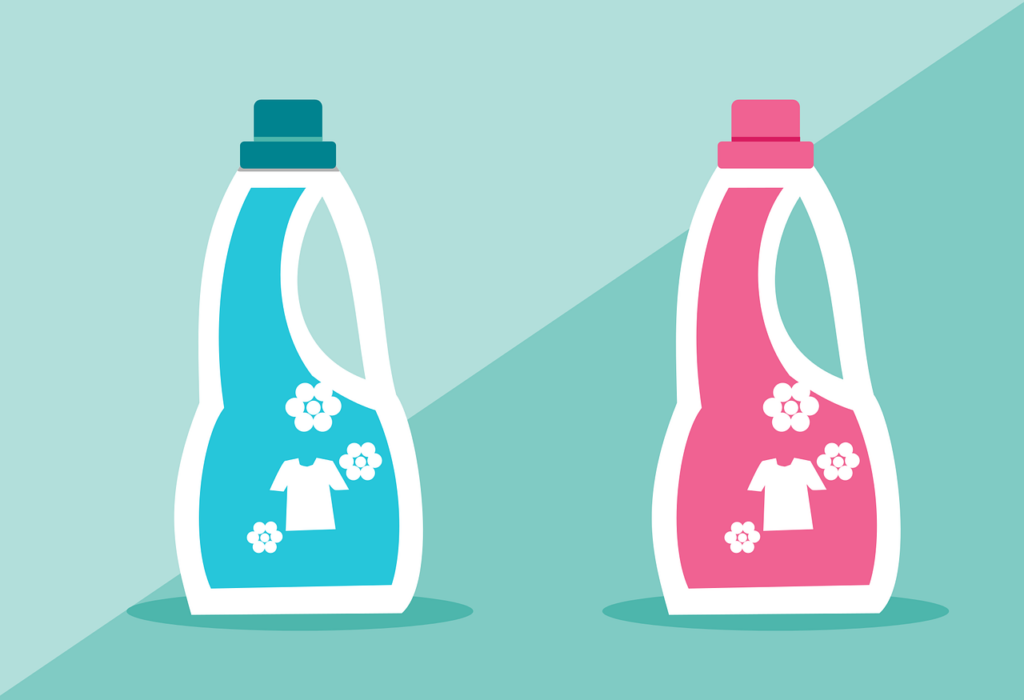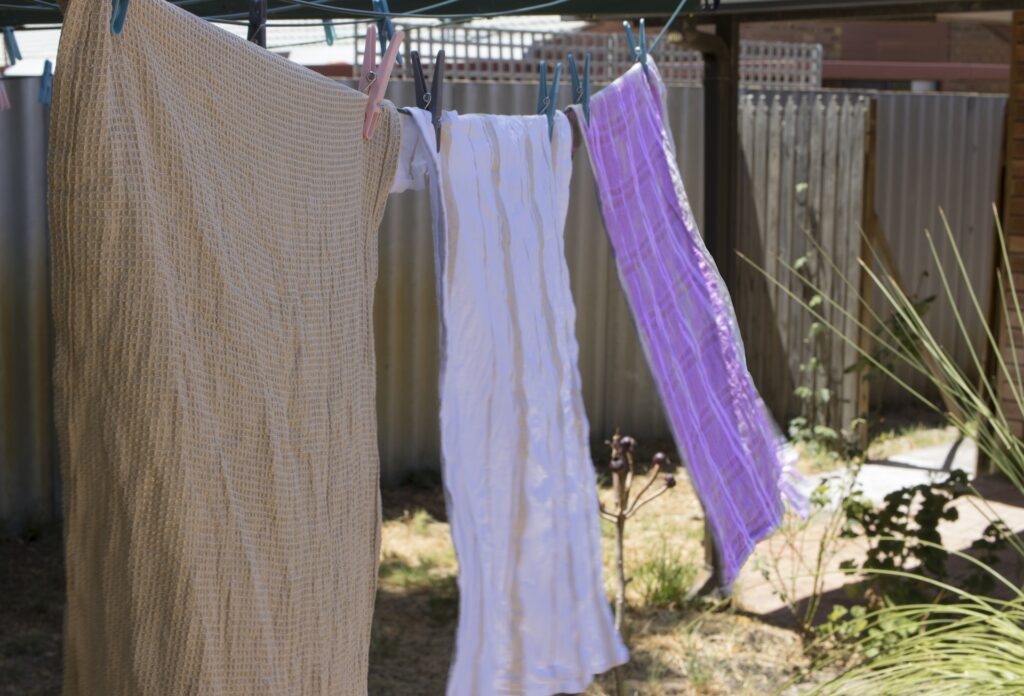Even before, we want to keep things sanitized. But, with the pandemic around, our efforts have doubled. Dish cloths and kitchen towels are among our typical types of laundry. However, they fall into a different category. Dish cloths and kitchen towels have to be washed in a separate load, not with jeans, shirts, underwear, and the like.
If you do laundry at the commercial laundry shop in your neighborhood, you need to do prior treatment on your soiled dish cloth or kitchen towel. When you cannot do the laundry at the shop and opt for a laundry pickup and delivery, do not hesitate to tell the staff special instructions for your dish cloths and kitchen towel.
Commercial laundry, like Liox, has a professional staff. They are knowledgeable about what they do. Thus, having your dish cloths and kitchen towels in a separate load is not unusual for them.
So, what constitutes the proper care of dish cloths and kitchen towels?
DONT’s When Using Dish Cloths or Kitchen Towels

I bet you have a good selection of dish cloths or kitchen towels to choose from but are you treating them well? If you know, there are things you should do when using dish cloths or kitchen towels.
DO NOT Reuse When Touched Raw Meat
It is inevitable and unintentional at the same time to touch raw meat with your kitchen towels, especially when you are busy preparing food. If you notice this happened, immediately put away the kitchen towel or dish cloth. Change the dish cloth or kitchen towel.
Raw meat, whether it is beef, pork, or chicken, can cause food-borne illness. It may be an upset stomach or a more severe condition. Thus, avoid reusing them when they touched the raw meat.
Using them for anything else causes cross-contamination. Thus, wash and dry them before if you happen to be doing laundry. However, if you visit the laundromat near you later, rinse the dish cloth and let it dry before placing it in the laundry hamper.
DO NOT Let It Stay Damp or Wet
Hang dish cloths or kitchen towels overnight before putting them in the laundry. If you let it sit by the faucet or kitchen counter, balled-up wet, it becomes a bacteria factory in no time. Much more putting a wet towel into a pile of laundry. Always let it dry thoroughly first unless you wash them the minute after you use them.
Moreover, do not let allow them to be on top of one another in between uses. Although they are hanged, it will make it difficult for them to dry thoroughly, and no air may get in between. Let them dry completely between uses. Damp dish cloths or kitchen towels accumulate moisture and odor.
Take note of these things. Now, we’re about to discuss how you should properly wash your dish cloth or kitchen towels, especially if you do not entrust your laundry to a laundry expert.
Hot and Heavy Duty Cycle

Wash dish cloths and kitchen towels on hot water and regular or heavy-duty cycle. These are one of the items that have to be laundered on hot water. Some even go far by boiling their dish cloths or kitchen towels occasionally. A ten-minute bath of the dish cloths and kitchen towel in boiling water helps sanitize and remove stubborn odors.
You have used your kitchen towels and dish cloths to wipe dirty dishes. Washing them in hot water helps activate the detergent you used. The hot water dissolves the detergent faster and boosts its performance.
Do not wash your kitchen towels or dish cloths in a gentle cycle, even if the label recommends doing so. A gentle cycle does not provide enough agitation to make the cloths and towel adequately clean.
Do Not Use Fabric Softeners

A fabric softener is an excellent treatment for some clothes and linens. However, refrain from using it when washing your kitchen towels and dish cloths. Liquid fabric softeners create a filmy coating outside of linen or clothes it comes into contact with. Other than that, the fabric softener traps the bacteria and grime on the fabric. Thus, if you want a softener, use diluted white vinegar.
Remove Foul Odor

You can do several things to help remove foul odor from your kitchen towels or dish cloths. Do one that best suits you:
- Soak your dish cloths and kitchen towel in a bucket of warm water. Add diluted white vinegar into the bucket and sprinkle 1 tablespoon of baking soda. Leave them for about 15 minutes.
- Always hang the dish cloths and kitchen towel before washing them. It lessens the possibility of having a foul odor. The bacteria that grows from the moisture is the culprit of bad smells.
- Boil the kitchen towel and cloths. As mentioned earlier, it removes stubborn odors.
It is helpful for dish cloths to do these steps as they are prone to smell more than kitchen towels.
Use Dryer or Sunshine

Dish cloths and kitchen towels have to be completely dried. Moreover, the high heat in the dryer is an effective method in killing the bacteria on the kitchen towels or cloths. However, if you do not have a dryer machine at home, another option is to dry them under the sun.
The sun’s heat is as effective as the high heat of a dryer machine.
Lastly, most of the dish cloths and kitchen towels are in white. If your home is full of white dish cloths and kitchen towels, wash them with bleach or vinegar.
Final Thoughts
Dish cloths and kitchen towels are made to absorb. That’s what they are made of. But, they can absorb more than just the things you intend them to do. Thus, it is crucial to keep your dish cloths and kitchen towels sanitized.
Follow the mentioned tips and steps on how to care for your kitchen towels and dish cloths properly. Do these to ensure that you and your family are safe from food-borne illnesses.
